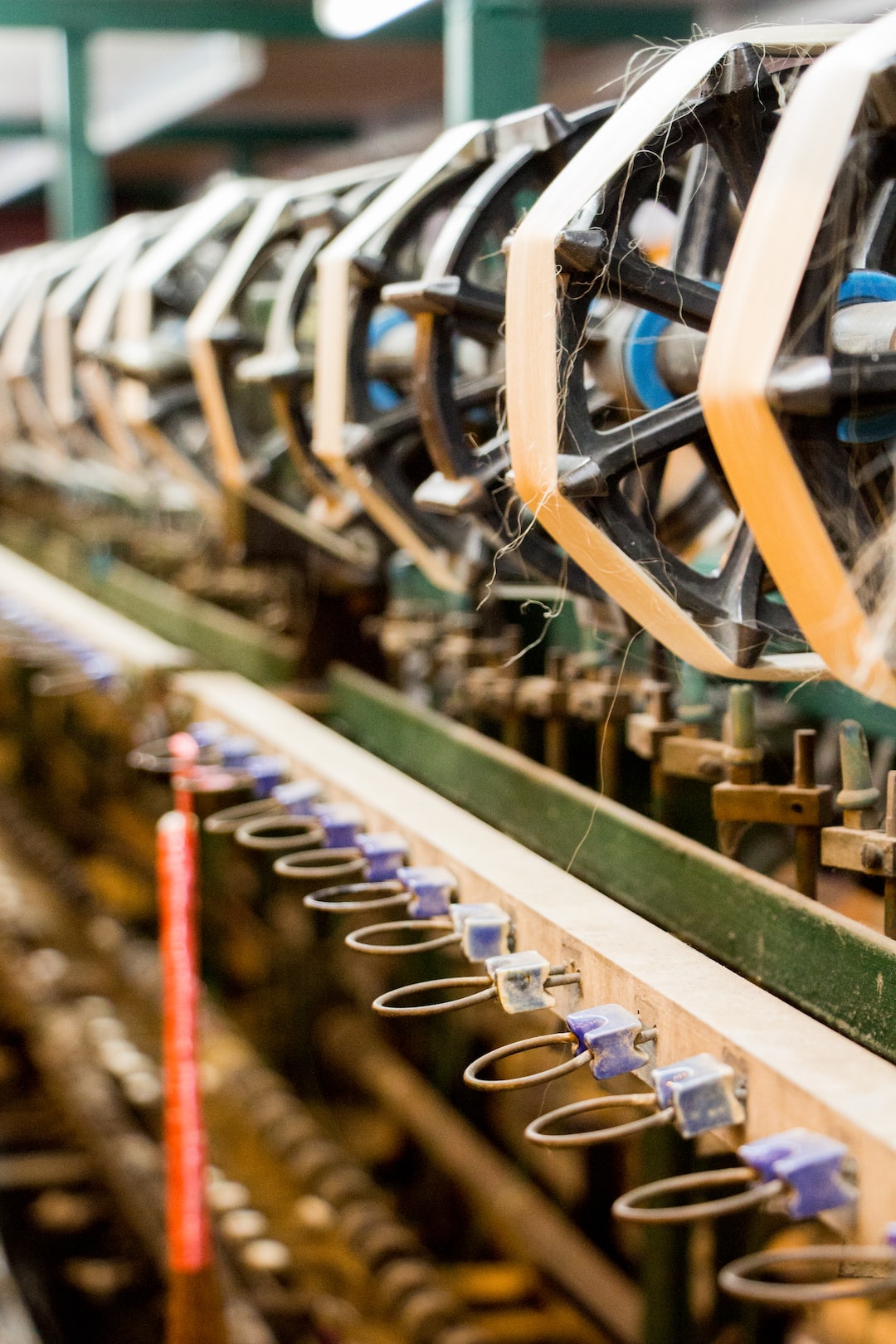Exploring the Future of Manufacturing: New Materials and Processes
The world of manufacturing is on the brink of a revolution. With new advancements in materials and processes, the future of manufacturing is set to redefine the way products are made, produced, and distributed. In this blog post, we will dive into some of the exciting developments that are shaping the future of manufacturing.
One of the most promising innovations in manufacturing is the emergence of new materials. Scientists and engineers are constantly exploring new materials that possess enhanced properties like improved strength, durability, and flexibility. For instance, the development of advanced composites, such as carbon fiber reinforced polymers, has opened up a whole new realm of possibilities for industries like aerospace and automotive. These lightweight materials offer improved fuel efficiency and higher performance, revolutionizing the way planes, cars, and other vehicles are built.
Furthermore, additive manufacturing, also known as 3D printing, is rapidly gaining momentum as a game-changer in the field of manufacturing. No longer confined to prototyping, 3D printing is now being used to create complex and custom-designed products in a fraction of the time and cost compared to traditional manufacturing methods. This technology allows manufacturers to produce products on-demand, reducing waste and inventory costs. Moreover, it has the potential to decentralize production and bring manufacturing closer to consumers, enabling local production and customization on a scale never seen before.
Another exciting area of exploration is the development of smart and responsive materials. Researchers are investigating the integration of advanced sensors and actuators into materials to create intelligent and adaptive structures. These materials can change their shape, color, or even repair themselves in response to external stimuli like temperature or stress. The applications of such materials are limitless, ranging from self-healing bridges and buildings to fabrics that adapt to the wearer’s body temperature. These intelligent materials have the potential to increase the lifespan of products, reduce maintenance costs, and create safer and more sustainable structures.
Furthermore, advancements in digital manufacturing and automation are reshaping the production landscape. Intelligent robots equipped with artificial intelligence and machine learning algorithms are taking over mundane and repetitive tasks, allowing humans to focus on more creative and complex activities. The integration of robotics and automation with data analytics is enabling manufacturers to optimize production processes, enhance productivity, and ensure higher quality control.
In conclusion, the future of manufacturing holds immense promise with new materials and processes at the forefront. From advanced composites to 3D printing and smart materials, these technological advancements are revolutionizing the way products are designed, produced, and distributed. As these technologies continue to evolve and mature, it is essential for manufacturers to embrace innovation and stay ahead of the curve. The future of manufacturing is here, and it is time to explore the endless possibilities that lie ahead.


